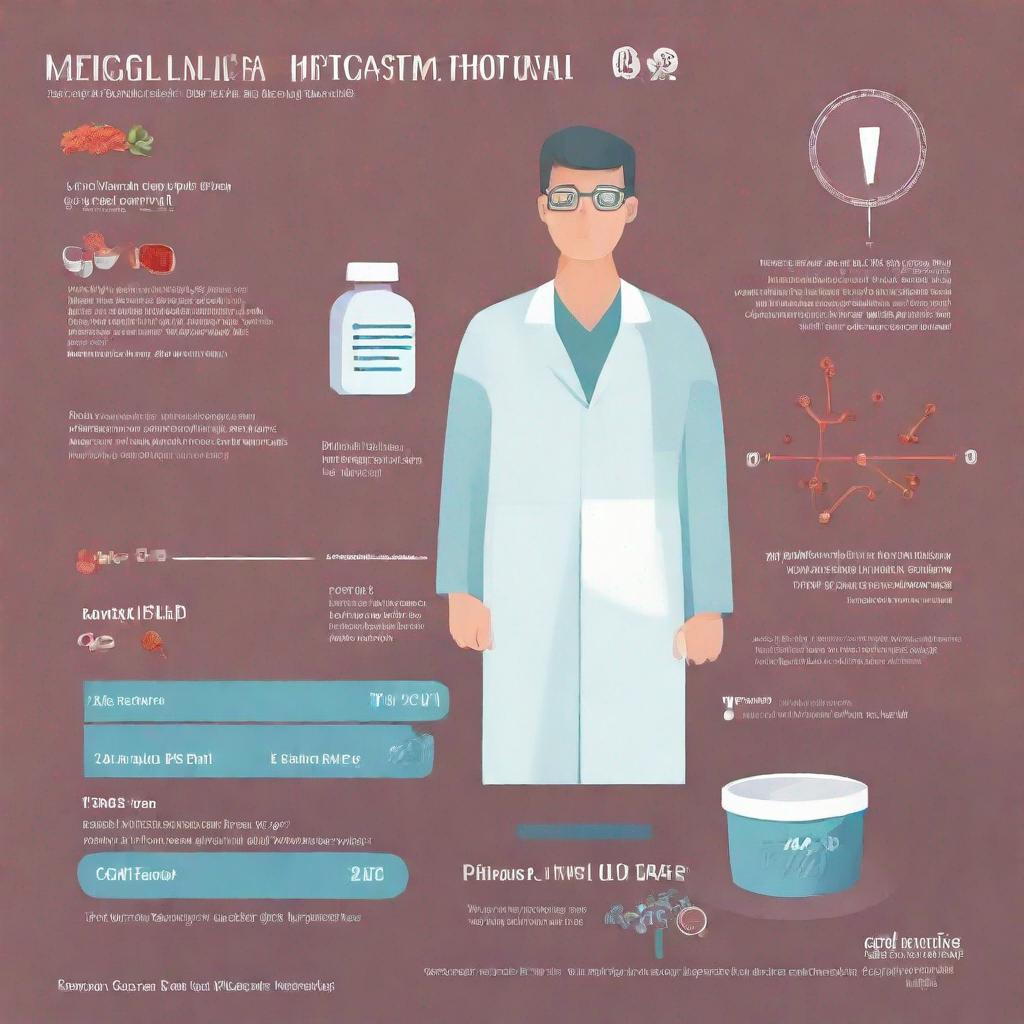## T-4 (REFL): A Comprehensive Guide to Thyroid Function Testing
### Introduction
The thyroid gland, located in the neck, plays a crucial role in regulating the body’s metabolism and energy levels. The T-4 (REFL) test is a simple blood test that measures the levels of thyroid hormone (T4) in the blood, providing valuable information about the health and function of your thyroid gland.
### Test Overview
The T-4 test, also known as Thyroxine or Total T4, is a screening test used to evaluate thyroid function. It measures the amount of thyroxine, the primary thyroid hormone, in the blood. Abnormalities in T4 levels can indicate various thyroid-related conditions and diseases.
### Conditions and Diseases Detected
The T-4 test can help detect and diagnose:
**Hyperthyroidism (High Thyroid Hormone Levels):**
– Weight loss
– Increased heart rate
– Sweating
– Anxiety
– Tremors
**Hypothyroidism (Low Thyroid Hormone Levels):**
– Weight gain
– Fatigue
– Dry skin
– Constipation
– Feeling cold
**Other Thyroid-Related Conditions:**
– Thyroid dysfunction
– Goiter (enlarged thyroid gland)
– Thyroid nodules
– Graves’ disease
– Hashimoto’s thyroiditis
### Preparation Guidelines
The T-4 test typically requires no special preparation. However, if you are taking any medications, inform your doctor as they may affect the test results. Avoid eating or drinking (except water) for at least 8 hours before the test.
### Procedure
The T-4 test involves a simple blood draw from a vein in your arm. The procedure is generally painless and takes only a few minutes.
### Duration and Waiting Time
The blood draw for the T-4 test is quick, but the time it takes to receive the results varies depending on the laboratory and the availability of your healthcare provider. Typically, results are available within a few days.
### Additional Tests
In some cases, your healthcare provider may recommend additional tests alongside the T-4 test, such as:
– **Thyroid-Stimulating Hormone (TSH) Test:** TSH measures the amount of TSH produced by the pituitary gland, which stimulates the thyroid gland to produce T4 and triiodothyronine (T3).
– **Free T4 Test:** This test specifically measures the amount of unbound (free) T4 in the blood, which is more accurate in diagnosing thyroid disorders than Total T4.
### Conclusion
The T-4 test is an essential diagnostic tool for assessing thyroid function and detecting various thyroid-related conditions. By understanding the importance of this test, you can proactively manage your thyroid health. If you have any concerns about your thyroid function, discuss with your healthcare provider about whether the T-4 test is right for you.


